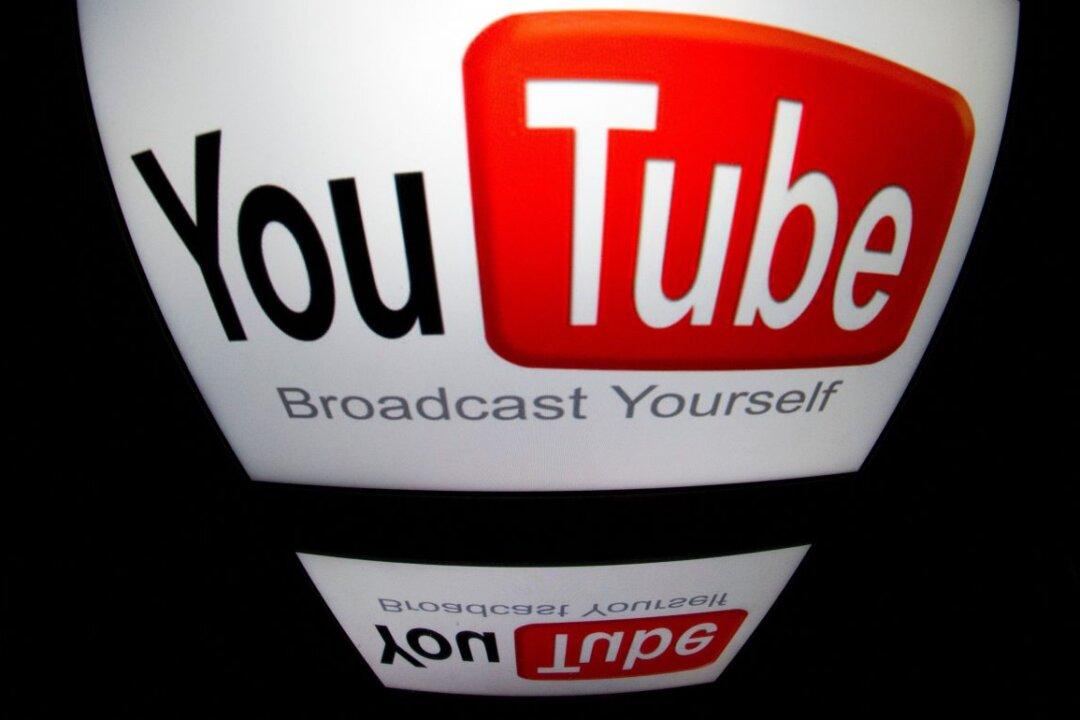Online video platform YouTube has started banning content that includes information obtained by “hacking” and that “may interfere with democratic processes, such as elections and censuses,” the company announced on Aug. 13.
The announcement from the Google-owned platform used the example of “videos that contain hacked information about a political candidate shared with the intent to interfere in an election.”





